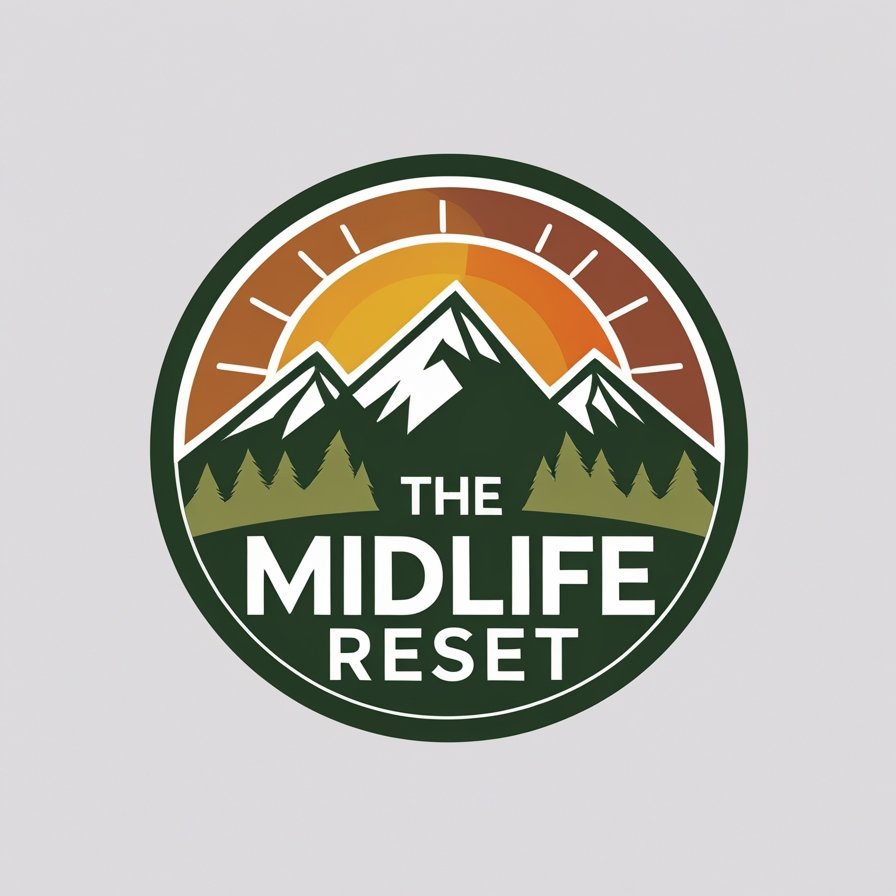Introduction to Word Search Books and Mental Health
In recent years, word search books have gained significant traction as an enjoyable pastime that also serves as a beneficial tool for mental health improvement. These books, filled with grids of letters where individuals seek and circle words hidden among the jumble, offer more than mere entertainment; they engage the brain in a stimulating activity that can foster cognitive wellness. The rising popularity of these puzzles relates directly to their ability to assist in stress reduction and enhancement of focus, crucial elements of maintaining good mental health.
Engaging in word puzzles like those found in word search books provides a reprieve from daily stressors. The act of concentrating on finding words diverts one’s attention from anxiety-inducing thoughts, thereby promoting a state of relaxation. Many users report feeling calmer and more present, as the mental engagement encourages a form of mindfulness. This focus translates not only to immediate stress relief but also to improved overall cognitive health over time.
Furthermore, the accomplishment of completing a word search puzzle generates a sense of achievement and boosts self-esteem. As individuals navigate through challenging grids and successfully find words, they experience a rewarding surge of positivity. This reinforces their motivation to continue engaging with similar mental exercises, forming a beneficial habit that contributes to overall well-being.
Incorporating word search books into daily routines can yield substantial benefits for mental health. By setting aside time each day for this enjoyable activity, individuals can create a personal sanctuary for mindfulness and cognitive enrichment. The effectiveness of these puzzles as tools for improving mental wellness highlights their value as a delightful addition to one’s self-care regimen.
Cognitive Benefits of Word Searches
Word search puzzles offer a range of cognitive benefits that can significantly enhance mental agility and overall cognitive function. Engaging in these puzzles regularly stimulates various parts of the brain, leading to improved memory retention. As individuals search for words, they activate their memory processes, which helps reinforce their ability to recall information better. This memory enhancement is crucial for seniors and those recovering from mental health challenges, as it aids in maintaining cognitive vitality.
Furthermore, solving word searches can significantly improve visual scanning skills. When engaging with a word search, individuals must quickly scan rows and columns to locate hidden words. This practice cultivates an ability to visually process information more efficiently, which correlates with better reading skills and overall comprehension. Enhanced visual scanning is particularly beneficial as it promotes quicker information processing, thereby increasing one’s ability to focus on tasks at hand.
Moreover, the act of completing word searches has been linked to an increased attention span. The puzzles require sustained concentration to successfully identify words within a grid, which can translate to improved focus in other areas of life. As individuals practice this form of cognitive exercise, they develop the skills to maintain attention for extended periods, a trait that is invaluable in both personal and professional settings.
Research studies and expert opinions indicate that the cognitive activities provided by word search puzzles can be particularly advantageous for seniors. As cognitive decline can be a concern with aging, regular engagement in such mentally stimulating activities helps mitigate this risk. Furthermore, individuals recovering from mental health challenges may find that these puzzles offer an accessible way to practice cognitive skills in a low-pressure environment. Overall, word searches not only provide entertainment but also serve as an effective tool for cognitive enhancement.
Stress Relief and Mindfulness through Puzzles
Word search books serve as an effective tool for stress relief and promoting mindfulness, drawing individuals into a focused and calming activity. As participants search for words within a grid, they engage in a form of mental exercise that allows them to momentarily escape from the demands of daily life. This process of concentration not only offers a brief respite from worries but also cultivates a meditative state that can enhance overall well-being.
Anecdotal evidence reveals how many people have experienced significant relief from stress while engrossed in word searches. Users often describe the calming effects of the activity, noting how it helps to quiet their minds and alleviate anxiety. By immersing themselves in these puzzles, individuals can let go of racing thoughts, allowing the simple yet satisfying task of finding words to take precedence. This mental diversion can foster a sense of calm that is particularly useful during hectic days.
Incorporating word puzzles into daily routines can serve as a quick mental health booster. For instance, setting aside just 10-15 minutes each day to engage in a word search can create a dedicated moment for relaxation. This can be particularly beneficial in the morning to set a positive tone for the day or in the evening as a way to unwind before bedtime. Additionally, individuals might consider keeping a word search book within easy reach—on their desk or in their bag—so it becomes a readily accessible resource whenever stress levels rise. By integrating these puzzles into everyday life, one can look forward to a simpler, more mindful approach to handling stress.
Practical Ways to Incorporate Word Search Books into Your Life
Integrating word search books into your daily routine can yield significant mental wellness benefits. These engaging puzzles are not only entertaining but also serve as excellent mental exercises, fostering cognitive health. To optimize the positive effects, consider various settings in which you can enjoy word search activities.
During breaks at work, word search puzzles can offer a refreshing mental diversion. Taking short breaks to focus on a puzzle can alleviate stress, helping to recharge your mind. Whether it’s a brief ten-minute interlude or a longer lunch hour, immersing yourself in a word search book can improve focus and productivity upon returning to work tasks.
Commuting presents another prime opportunity to enjoy word search books. Whether you are using public transport or driving, these puzzles can help make the journey more enjoyable while positively enhancing your mood. For those traveling by bus or train, a compact word search book is easily portable and can occupy your mind during the commute, turning what may be perceived as idle time into a substantial mental workout.
Incorporating word search books as part of your evening relaxation routine can also promote mental wellness. As the day winds down, engaging in a word search can calm the mind and signal a transition into a restful state. Create a cozy reading nook, pour yourself a cup of tea, and dive into a challenging puzzle that offers enjoyment and a sense of achievement.
To further enhance your experience, consider exploring specific collections tailored to your interests and skill levels from the author’s Amazon page. These puzzles range from themed topics to varying degrees of difficulty, encouraging both casual and avid enthusiasts to join in the fun. Sharing personal experiences with word search puzzles cultivates a sense of community among mental health advocates, inviting open dialogue and support for everyone’s mental wellness journey.

